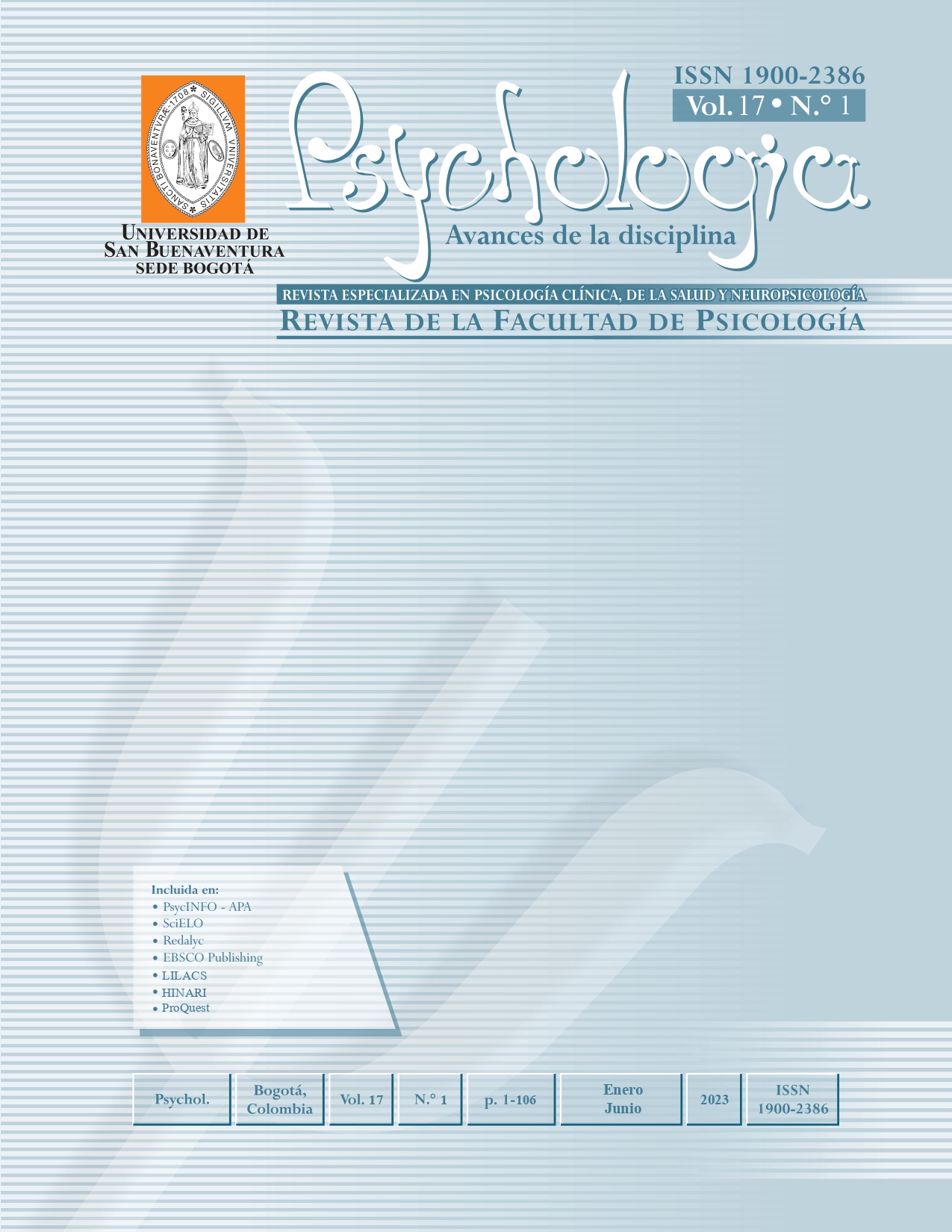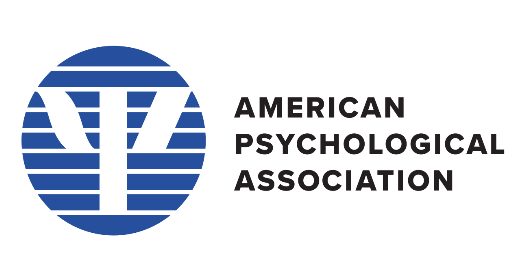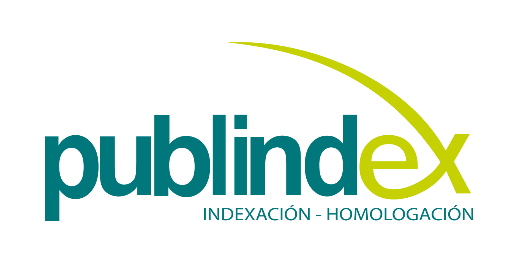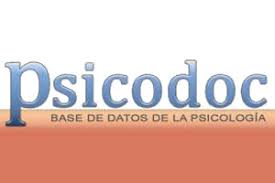This journal provides open, immediate access to its contents, based on the principle that offering the public free access to research helps to promote a higher global exchange of knowledge.
As such, all journal articles are published under a Creative Commons Attribution-NonCommercial-ShareAlike 4.0 International License (CC BY-NC-SA), by which commercial use of the original work or its possible derived works is not allowed, and the distribution thereof must be done with the same license elements regulating the original work.
http://creativecommons.org/licenses/by-nc-sa/4.0/
Abstract
During the course of the severe acute respiratory syndrome pandemic (SARS-Cov-2), which has been present since 2020, the importance and challenge for mental health professionals became evident, due to the changes generated to safeguard the world population; the increase in anxiety, depression and stress, raised different questions (Pérez, Álvarez & Rodríguez, 2020). An empirical-analytical study was carried out, of a comparative descriptive type, with cross-sectional quantitative methodology, with the aim of comparing the responses of anxiety, depression and stress in two groups of people with higher education studies who were infected and not infected with COVID-19. The aim was to categorize these responses and subsequently identify the similarities and differences between those who were infected and those who were not infected with COVID-19. The sample consisted of 459 men and women, who reported university education in progress or completed in Colombia and who filled out two instruments, on the one hand, the sociodemographic characterization designed for specific research purposes and the Depression, Anxiety and Stress Scale (DASS-21). The results were analyzed using the IBM SPSS Statistics 28.0 program, finding that the samples were normally distributed and that the people who had COVID-19 did not present higher scores of depressions, anxiety and stress than those who had not been infected.
References
Bann, D., Villadsen, A., Maddock, J., Hughes, A., Ploubidis, G.B., Silverwood, R. J., & Patalay, P. (2020). Changes in the behavioural determinants of health during the coronavirus (COVID-19) pandemic: Gender, socioeconomic and ethnic inequalities in 5 British cohort studies. medRxiv, doi:10.1101/2020.07.29.20164244.
Benítez, M. A., Velasco, C., Sequeira, A. R., Henríquez, J., Menezes, F. M., & Paolucci, F. (2020). Responses to COVID-19 in five Latin-American countries. Health Policy and Technology. https://doi.org/10.1016/j.hlpt.2020.08.014
Bermejo-Martins, E., Luis, E.O., Sarrionandia, A., Martínez, M., Garcés, M. S., Oliveros, E. Y., Cortés-Rivera, C., Belintxon, M., & Fernández-
Berrocal, P. (2021). Different Responses to Stress, Health Practices and Self-Care during COVID-19 Lockdown: A Stratified Analysis. International Journal of Environmental Research and Public Health, 18, 2253. https://doi.org/10.3390/ijerph18052253
Brooks, S. K., Webster, R. K., Smith, L. E., Woodland, L., Wessely, S., Greenberg, N., & Rubin, G. J. (2020). The psychological impact of quarantine and how to reduce it: rapid rewiew of the evidence. Lancet, 395(10227), 915-917.
Bruno, D., Márquez, F. N. & Grinberg, M. (2020). Caracterización del impacto en salud mental de la pandemia covid-19. Psicología UNC, 5(2), 301-324.
Dubey, S., Biswas, P., Ghosh, R., Chatterjee, S., Dubey, M. J., Chat-terjee, S. et al. (2020). Psychosocial impact of COVID-19. Diabetes Metab Syndrome: Clinical Research & Reviews, 14(5), 779-788.
Galea, S., Merchant, R. M., & Lurie, N. (2020). The mental health consequences of COVID-19 and physical distancing: the need for prevention and early intervention. JAMA Internal Medicine, 80(6), 817-818.
Liu, X., Wen, X., Zhang, Q., & Xu, W. (2023). Buffering Traumatic Reactions to COVID-19: Mindfulness Moderates the Relationship Between the Severity of the Pandemic and Posttraumatic Stress Symptoms. Psychological Trauma: Theory, Research, Practice, and Policy, 15(3), 474-482. http://dx.doi.org/10.1037/tra0001227
Luna-Rodríguez, G. L., Peláez-Hernández, V., Orea-Tejada, A., Ledesma-Ruíz, C. D., Casarín-López, F., Rosas-Trujillo, A., Domínguez-Trejo, B., & Tepepa-Flores, L. E. (2022). Prevalence of post-traumatic stress disorder, emotional impairments, and fear in COVID-19 surviving patients. Frontiers in Virtual Reality, 3. doi: 10.3389/frvir.2022.927058
Ministerio de Salud y Protección Social [MinSalud]. (2014). ABECÉ sobre la salud mental, sus trastornos y estigma. https://www.minsalud.gov.co/sites/rid/Lists/BibliotecaDigital/RIDE/VS/PP/abc-salud-mental.pdf
Ministerio de Salud y Protección Social. (2020). Prevenga la depresión y ansiedad durante el aislamiento preventivo. https://www.minsalud.gov.co/Paginas/Prevenga-la-depresion-y-ansiedad-durante-el-aislamiento-preventivo.aspx
Montero, I., & Orfelio, G. (2002). Clasificación y descripción de las metodologías de investigación en Psicología. Revista Internacional de Psicología Clínica y de la Salud, 2(3), 504-506
Moreno-Proaño, G. (2020). Pensamientos distorsionados y ansiedad generalizada en COVID19. CienciAmerica, 9(2).
Organización Mundial de la Salud [OMS]. (2018). Salud mental: fortalecer nuestra respuesta. https://www.who.int/es/news-room/fact-sheets/detail/mental-health-strengthening-our-response
Organización Mundial de la Salud [OMS]. (2020). COVID-19: Intervenciones recomendadas en salud mental y apoyo psicosocial (SMAPS) durante la pandemia, 1-15.
Organización Mundial de la Salud [OMS]. (2020). Virtual press conference on COVID-19 – 11 March 2020. https://www.who.int/docs/default-source/coronaviruse/transcripts/who-audio-emergencies-coronavirus-press-conference-full-and-final-11mar2020.pdf?sfvrsn=cb432bb3_2
Organización Mundial de la Salud [OMS]. (2021). Depresión. https://www.who.int/es/news-room/fact-sheets/detail/depression
Organización Panamericana de la Salud [OPS]. (2020). Intervenciones recomendadas en salud mental y apoyo psicosocial (SMAPS) durante la pandemia de COVID-19, 1-15. https://iris.paho.org/handle/10665.2/52427
Organización Panamericana de la Salud [OPS]. (2020). Reportes de Situación COVID-19 Colombia. https://www.paho.org/es/reportes-situacion-covid-19-colombia
Organización Panamericana de la Salud [OPS]. (2022). Boletín OPS/OMS Colombia. Recuperado de https://www.paho.org/es/colombia
Organización Panamericana de la Salud [OPS]. (2022). “Demasiado pronto para bajar la guardia”, advierte la directora de la OPS al cumplirse dos años de la pandemia. https://www.paho.org/es/noticias/9-3-2022-demasiado-pronto-para-bajar-guardia-advierte-directora-ops-al-cumplirse-dos-anos
Oyama, O., & Piotrowski, N. A. (2022). Depression. Magill’s Medical Guide (Online Edition). https://search-ebscohost-com.ezproxy.unbosque.edu.co/login.aspxdirect=true&db=ers&AN=89093386&lang=es&site=eds-live&scope=site
Pérez, M., Álvarez, N., & Rodríguez, A. (2020). Repercusión psicológica y social de la pandemia COVID-19. Revista Electrónica Medimay. 27(2), 252-259.
Quintero, C., & Gil, V. D. (2021). Depresión en estudiantes universitarios derivada del Covid-19: un modelo de clasificación. Cuadernos Hispanoamericanos de Psicología, 21(1), 1-15.
Riquelme-Lobos, P., & Raipán-Gómez, P. (2021). Resiliencia y factores sociodemográficos involucrados en la presencia de sintomatología depresiva, ansiosa y de estrés en población adulta chilena durante la pandemia de COVID-19. Journal of Psychopathology and Clinical Psychology / Revista de Psicopatología y Psicología Clínica, 26(3), 191-201.
Rodríguez-Quiroga, A., Buiza, C., Álvarez de Mon, M., & Quintero, J. (2020). COVID-19 y salud mental. Medicine, 13(23), 1286-1295.
Román, F., Vinet, E. V., & Alarcón, A. M. (2014). Escalas de Depresión, Ansiedad y Estrés (DASS-21): Adaptación y propiedades psicométricas en estudiantes secundarios de Temuco. Revista Argentina de Clínica Psicológica, 23(2), 179-190.
Ruiz, F. J., García-Martín, M. B., Suárez-Falcón, J. C., & Odriozola-González, P. (2017). The hierarchical factor structure of the Spanish version of Depression Anxiety and Stress Scale - 21. International Journal of Psychology and Psychological Therapy, 17, 97-105.
Universidad Johns Hopkins. (2021). COVID-19 Dashboard by the Center for Systems Science and Engineering (CSSE) at Johns Hopkins University. https://gisanddata.maps.arcgis.com/apps/opsdashboard/index.html#/bda7594740fd40299423467b48e9ecf6

 Perfil Google Scholar
Perfil Google Scholar




















